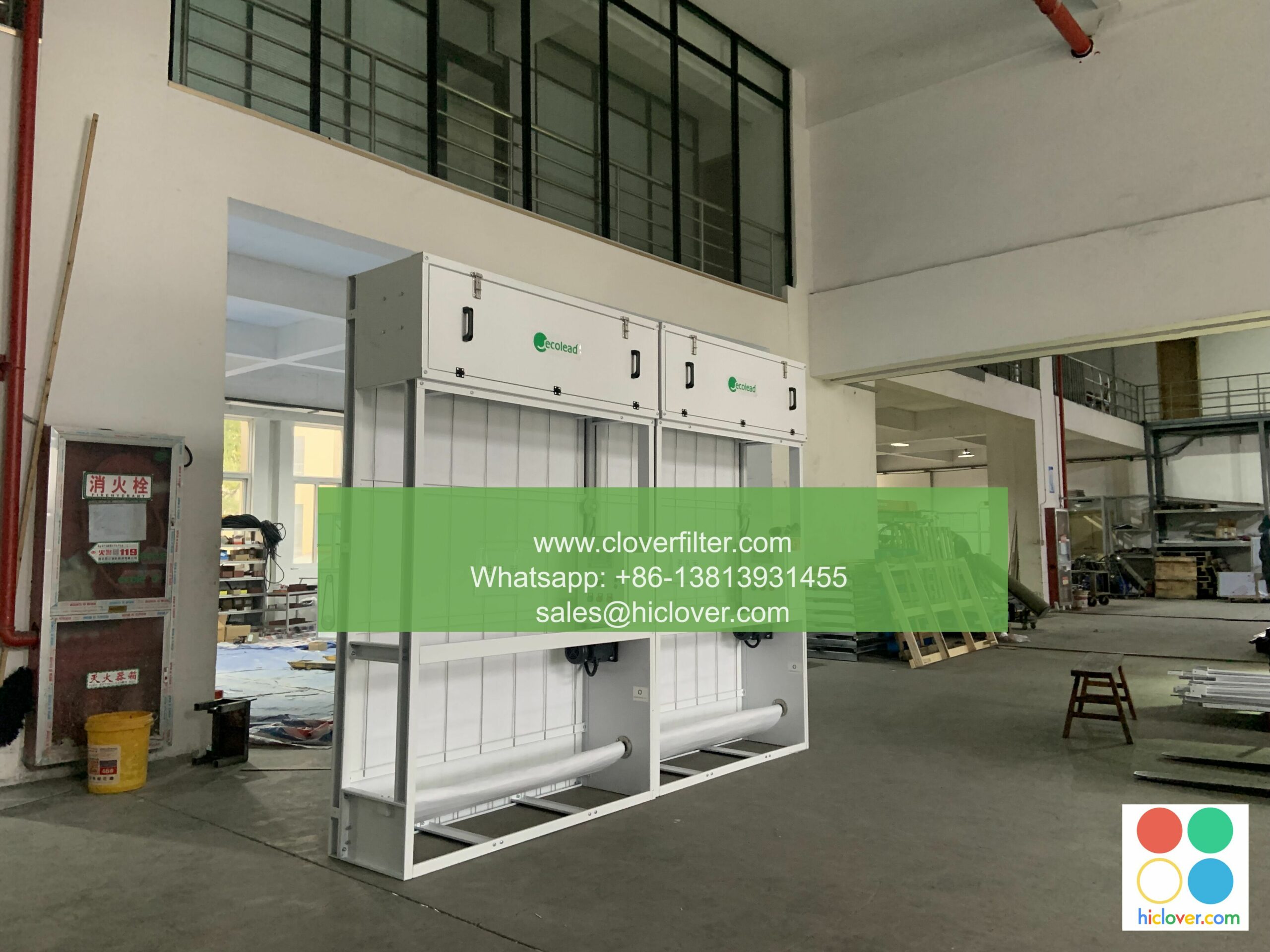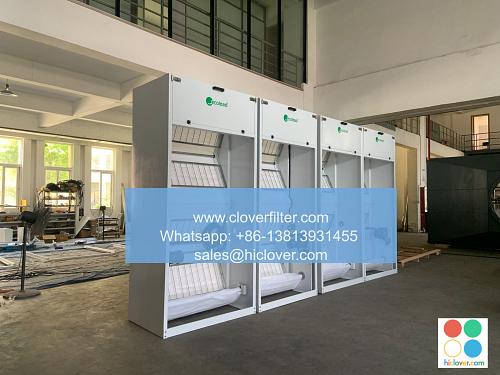Air Filter Certification and Accreditation: A Guide to Industry Best Practices

The air filter industry has become increasingly important in recent years, with a growing demand for high-quality air filtration systems in various applications, including indoor air quality (IAQ) control, heating, ventilation, and air conditioning (HVAC) systems, and cleanroom technology. To ensure the performance and reliability of air filters, certification and accreditation have become essential components of the industry. In this article, we will delve into the world of air filter certification and accreditation, highlighting various application areas, industry standards, and best practices.
Introduction to Air Filter Certification
Air filter certification is a process that verifies the performance and quality of air filters, ensuring they meet specific industry standards and regulations. Certification is typically provided by third-party organizations, such as ASHRAE (American Society of Heating, Refrigerating, and Air-Conditioning Engineers) or ISO (International Organization for Standardization). These organizations develop and maintain standards for air filter testing, evaluation, and certification.
Types of Air Filter Certification
There are several types of air filter certification, including:
* MERV (Minimum Efficiency Reporting Value) certification: Evaluates the filter’s ability to capture particles of various sizes.
* HEPA (High Efficiency Particulate Air) certification: Verifies the filter’s ability to capture 99.97% of particles as small as 0.3 microns.
* UL (Underwriters Laboratories) certification: Ensures the filter meets safety standards for use in various applications.
Accreditation of Air Filter Testing Laboratories
Accreditation is a process that ensures air filter testing laboratories meet specific industry standards and regulations. Accreditation is typically provided by organizations such as ISO/IEC 17025 or NVLAP (National Voluntary Laboratory Accreditation Program). Accredited laboratories are recognized as competent to perform air filter testing and certification.
Application Areas for Certified Air Filters
Certified air filters are used in various application areas, including:
* Commercial HVAC systems
* Industrial air cleaning systems
* Cleanroom technology
* Pharmaceutical and biotechnology applications
* Food processing and packaging
Industry Best Practices for Air Filter Certification and Accreditation
To ensure the quality and reliability of air filters, the following industry best practices should be followed:
* Regular testing and certification: Ensure air filters are tested and certified regularly to maintain quality and performance.
* Use of accredited laboratories: Only use accredited laboratories for air filter testing and certification.
* Compliance with industry standards: Ensure air filters meet specific industry standards and regulations.
* Proper installation and maintenance: Ensure air filters are installed and maintained properly to maintain performance and quality.
Conclusion
In conclusion, air filter certification and accreditation are essential components of the air filter industry, ensuring the performance and reliability of air filters in various application areas. By following industry best practices and using certified air filters, industries can maintain indoor air quality (IAQ), reduce energy consumption, and improve overall system performance. As the demand for high-quality air filtration systems continues to grow, the importance of air filter certification and accreditation will only continue to increase. It seems like you didn’t include a prompt. Could you please provide more details or specify what you would like to talk about or ask? I’m here to help with a wide range of topics!

